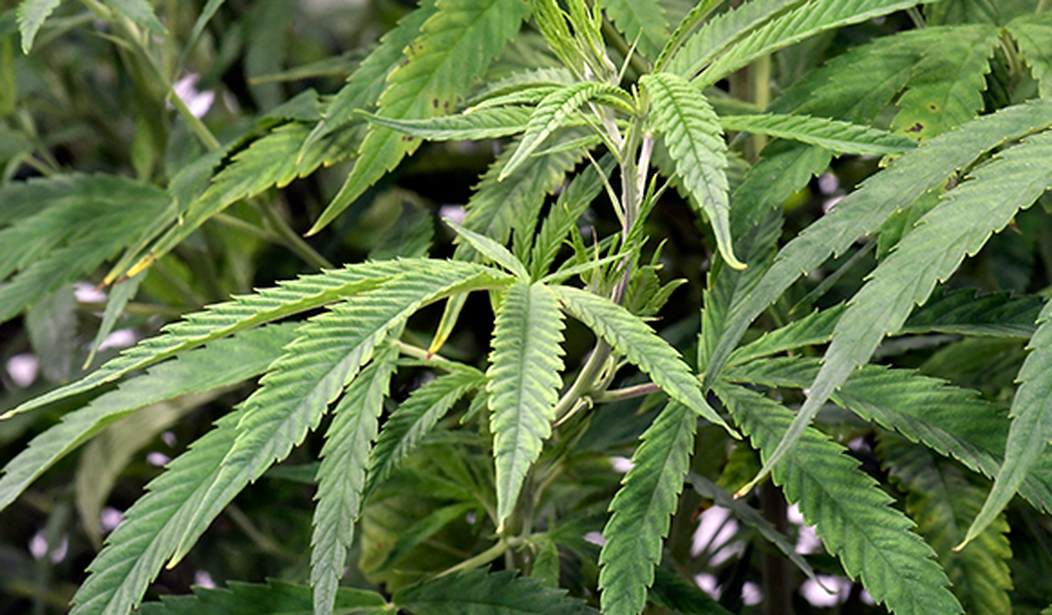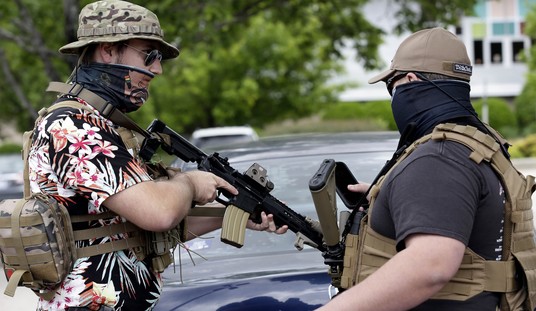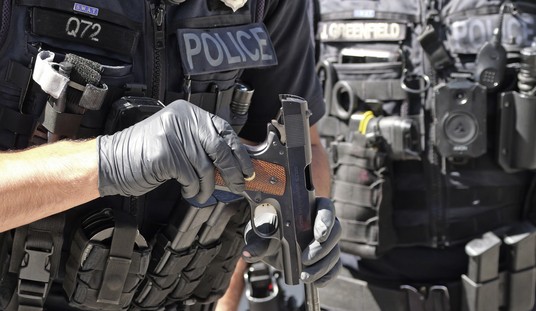While I get annoyed by those who pretend marijuana will solve whatever ails you, the truth is that there is a growing number of people who live in states that have legalized its use to some degree or another. Most are medical, but many have legalized the recreational use of marijuana.
But the term "legalized" is doing a lot of heavy lifting that it really shouldn't, because it's not actually legal.
States can legalize it all they want, but the federal government still considers it a Schedule I drug. That means there's no lawful use for it at all. While the Biden administration is currently working to make it a Schedule III, that's not where pot resides on the list at this moment.
Hence, it's illegal.
Because it's an illegal, Schedule I drug, using it while owning a gun is illegal. It's the same kind of illegal that turned Hunter Biden into a convicted felon. It's been that way for a while, but it's also spurring some to ask a lot of questions.
Vince Schilleci, chief legal officer of dispensary license awardee CCS of Alabama, said the state-federal tension has already led to competing court rulings. He gave the example of U.S. vs. Harrison, where Oklahoma resident Jarad Michael Harrison was indicted in 2022 for possessing a firearm while being an unlawful cannabis user in violation of 18. U.S.Code Section 922(g)(3). The federal district judge in that case ultimately held that “Harrison's mere status as a user of marijuana” was insufficient to infringe on his right to bear arms.
However, in U.S. vs. Bird, a case with facts similar to Harrison’s, Schilleci said a federal judge upheld 18. U.S.C. Section 922(g)(3), finding the defendant, Ethan Blue Bird, could be prosecuted for possession of a gun while being an illegal marijuana user.
“I believe in both cases, neither of the defendants possessed a valid medical cannabis card,” Schilleci told 1819 News in an email. “Things get even more squirrely when you review the FBI Memo from 2019 discussing 922(g)(3). Per the memo, possessing a medical cannabis card alone is enough to establish an inference of use. However, a medical cannabis license holder (i.e., integrated, dispensary, cultivator, processor, secured transport and testing) would not disqualify an individual under 922(g)(3).”
“Let’s take it even further,” he continued. “Suppose I have surgery and I’m prescribed an opioid (like Percocet or OxyContin). I don’t believe that the prescription would prohibit me from purchasing a gun. If that’s the case, why should medical cannabis used to treat qualifying conditions be any different?”
Now, the difference is that Percocet and OxyContin are Schedule II medications, thus meaning there's a lawful use for them in the eyes of the federal government. With cannabis, though, there isn't.
Yes, as the article notes before the quoted second, this creates confusion for a lot of people who aren't well-versed in the law. They figure it's legal in the state and they've got the relevant documentation that allows them to use it, so why is this the drug that turns them into a felon?
Until marijuana is rescheduled, this is just what it is. The courts have conflicting opinions on this, and I can see how the Supreme Court could rule either way in the wake of both Bruen and Rahimi, so no one has any idea at all how this will truly break should the Court decide to take up this case.
And there's no guarantee they would.
Of course, if marijuana is rescheduled, the questions don't end. For example, what about in states where it's legal recreationally? If someone is found with marijuana and a firearm, are they still violating the law? After all, if someone has a bag full of Tylenol 3--a Schedule III controlled substance--but doesn't have a prescription for it, they're breaking the law. If they also have a firearm, they're breaking yet another law.
So will pot be treated any differently just because the state legalized it?
Honestly, we've got a bit of a mess. The easiest solution would be for the Supreme Court to decide there's not sufficient historical analog for the prohibition of guns to those who use controlled substances and thus overturn those laws.
Realistically, though, I don't know that I'd want to bank on that.







Join the conversation as a VIP Member